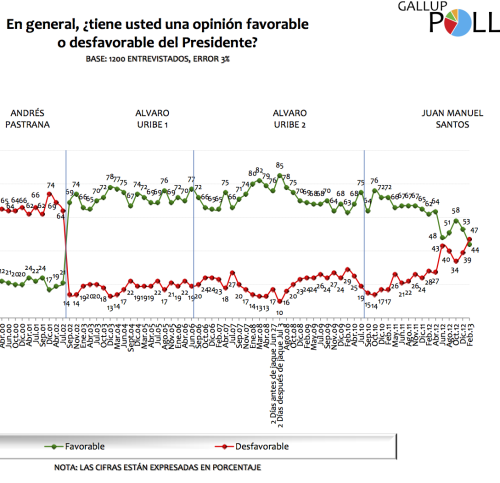Boycotting Elections
The Egyptian opposition says it will boycott the upcoming parliamentary elections. This is so ripe for comparative analysis with Latin America, where similar boycotts have taken place in all kinds of contexts. At least anecdotally, my first thought is that the boycott will not have the effect the opposition wants, which is to delegitimize the regime. Instead, the most likely outcome is that the Islamists will consolidate their power and have more free rein to pass what they want.
In that regard, there are a lot of similarities to Venezuela in 2005, when the opposition pulled out of legislative elections based on similar dislike of the government and distrust of how the election would be handled. The result, though, was a huge win for Hugo Chávez. I also think of the Nicaraguan opposition boycotting the 1984 presidential election.








